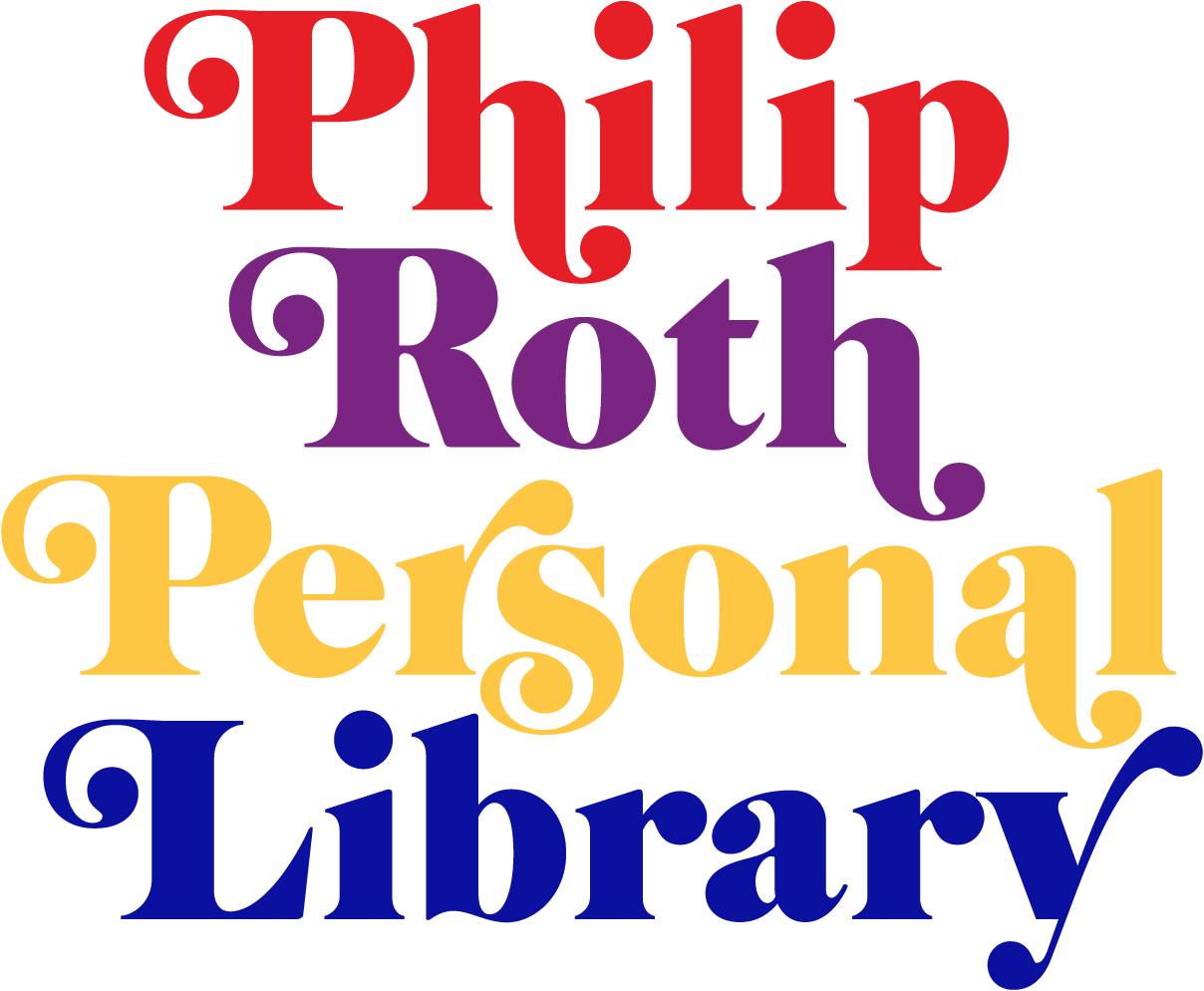Back to the Beginning…
Philip Roth first became friends with the Israeli novelist Aharon Appelfeld in 1984. They met at different times in London, Israel and New York, and in 1988, set out to record their conversations as they walked about on city streets and sat in coffee shops in Jerusalem. Working together, the two novelists edited the recordings with the help of a translator (Appelfeld wrote in Hebrew) for an article that ran in 1988 in the New York Times Book Review. In 2001, Roth included their conversations in his book Shop Talk about his conversations with writers and colleagues about their work.
Appelfeld, born a year before Roth in 1932, grew up in a middle- class Jewish family in Romania. His mother spoke German. In 1941, the year he turned 9, the Romanian Army, fighting for the Nazis, took over his hometown, killed his mother and sent Aharon and his father to a forced labor camp in Transnistria. Aharon escaped from the camp and hid for three years in the forests of Ukraine, surviving as a shepherd for peasants, until he joined the Soviet Army as a cook. After the war, he was in a displaced persons camp for several months in Italy. In 1946, Aharon immigrated to Palestine where having no formal education, he began learning Hebrew which would become his language as a writer. It was not until 1960 in Israel, that Appelfeld and his father, both believing the other had died, learned they were both alive.
Appelfeld’s life as a writer centered on the Holocaust but as described in his New York Times obituary, his stories were told “from a seemingly naïve eye, a baffled child’s eye. The horrors, as critics pointed out, happened offstage; his novels rarely identified the threat explicitly as storm troopers with whips or concentration camps with poison-gas showers. Rather, people wrestled with the banalities of daily life as ominous events were apprehended like distant thunder, lending his narrative the absurdist quality of a Beckett play or the chill of a Kafka story.”
Roth described his friend as “a dislocated writer, a deported writer, a dispossessed and uprooted writer….His sensibility --marked almost at birth by the solitary wanderings of a little bourgeois boy through an ominous nowhere - appears to have spontaneously generated a style of sparing specificity, of out-of-time progression and thwarted narrative drives, that is an uncanny prose realization of the displaced mentality.”
“At first I tried to run away from myself and from my memories, to live a life that was not my own and to write about a life that was not my own,” Appelfeld told Roth in their conversations. “But a hidden feeling told me that I was not allowed to flee from myself and that if I denied the experience of my childhood in the Holocaust, I would be spiritually deformed. Only when I reached the age of thirty did I feel the freedom to deal as an artist with those experiences”
Appelfeld’s Badenheim 1939, probably his most famous novel, tells the story of Jewish middle class vacationers at a fictional resort town outside Vienna enjoying their summer in a rather matter-of-factly way but slowly misconstruing what is happening, for example, as the town becomes overcrowded and the Sanitation Committee is requiring all Jews to register. They will be “invited” to go to German-occupied Poland and actually are trying to help in that relocation. The novel was first published in Hebrew in 1978 and translated into English in 1980, the first of Appelfeld’s novels to be translated.
“There’s no news from the public realm that might serve as a warning to an Appelfeld victim, nor is the victim’s impending doom presented as part of a European catastrophe,” Roth tells Appelfeld in their discussions. “The historical focus is supplied by the reader, who understands, as the victims cannot, the magnitude of the enveloping evil. Your reticence as a historian, when combined with the historical perspective of a knowing reader, accounts for the peculiar impact your work has, for the power that emanates from stories that are told through such modest means. Also, dehistoricizing the events and blurring the background, you probably approximate the disorientation felt by people who were unaware that they were on the brink of a cataclysm.”
Appelfeld agrees: “Historical explanations have been alien to me ever since I became aware of myself as an artist. And the Jewish experience in the Second World War was not ‘historical.’ We came into contact with archaic mythical forces, a kind of dark subconscious the meaning of which we did not know, nor do we know it to this day. This world appears to be rational (with trains, departure times, stations, and engineers), but in fact these were journeys of the imagination, lies and ruses, which only deep, irrational drives could have invented. I didn’t understand, nor do I yet understand, the motives of the murderers.”
Appelfeld died in January 2018, shortly before turning 86. Roth would die four months later in May, also 85.
